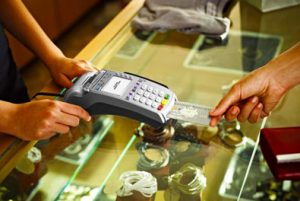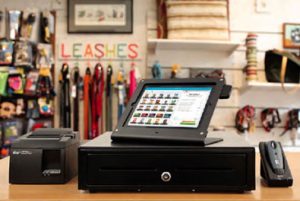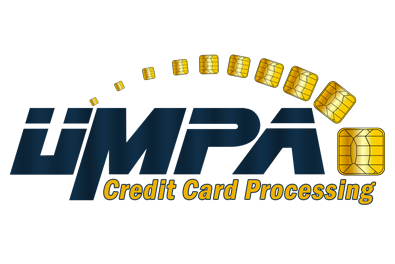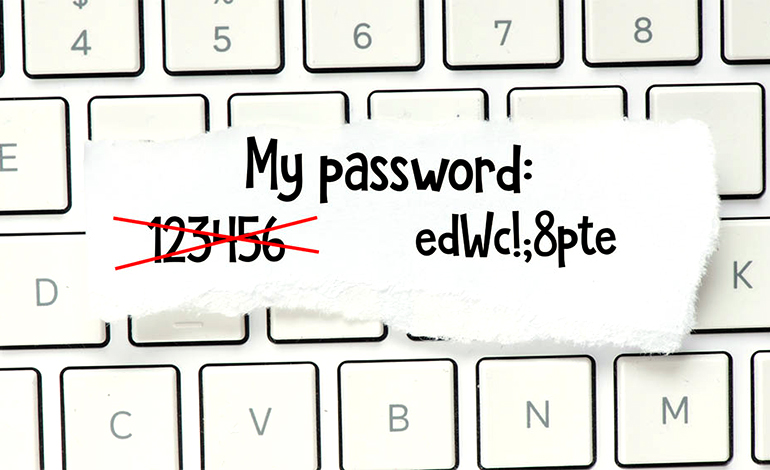6 Tips For Password Security
The only person who should be able to access your password-protected accounts is you. It is for this reason that strong passwords are so important. When passwords are easy to guess, anyone can access your most critical data – including personally identifying information and even your financial accounts.
Taking advantage of every security feature available to you is essential, and so is establishing strong passwords that can withstand “brute-force” attacks by hackers. In these attacks, the cybercriminals aggressively attempt to take over your account, trying different character combinations until they succeed in finding your password. The more complicated your password, the harder it is for cybercriminals to succeed.
When your password is weak, such as “password” or “123456,” hackers can get into your accounts quite easily. Reusing passwords on multiple sites and accounts is also very risky. This is because when hackers decode one password, they search the internet to see if the login credentials work at other sites. When they do, they can get into every account you manage online.
With cybercriminals continually elevating their efforts, technology and strategies, you must always be one step ahead. Strong unique passwords are essential. Here is how to build them:
Create a passphrase rather than a password.
The greater length and complexity of a passphrase will make it stronger and harder to guess. Aim for a passphrase of at least 12 characters for best security.
Mix it up.
Use a blend of uppercase and lowercase letters, numbers and special characters. You can even substitute numbers and special characters for letters in the words of your phrase.
Make it private.
In other words, avoid basing your passphrase on information that may be available publicly, like your birthdate, address or high school mascot. It must still be memorable to you, but base it on something only you would know.
Make it unique.
Vary your passphrase from site to site. If your passphrase is hacked at one site, this makes it more difficult to hack into your other accounts.
Update it regularly.
Every few months, take some time to update your passphrase at each site where you have an account. This helps you protect your accounts where passwords may have been vulnerable without your knowledge.
Put tech on your side.
A password manager can help you create, maintain and track passwords used across the internet. A password manager is an app or program that does all the work for you. All you have to do is remember one password for the password manager itself.
Your password is an important layer of protection between cybercriminals and your most valuable online accounts. Strong passwords help protect your sensitive information, financial assets and identity. Take time today to get started creating strong passphrases. It is a small investment of time for much greater security and peace of mind.
The only person who should be able to access your password-protected accounts is you. It is for this reason that strong passwords are so important. When passwords are easy to guess, anyone can access your most critical data – including personally identifying information and even your financial accounts.
Taking advantage of every security feature available to you is essential, and so is establishing strong passwords that can withstand “brute-force” attacks by hackers. In these attacks, the cybercriminals aggressively attempt to take over your account, trying different character combinations until they succeed in finding your password. The more complicated your password, the harder it is for cybercriminals to succeed.
When your password is weak, such as “password” or “123456,” hackers can get into your accounts quite easily. Reusing passwords on multiple sites and accounts is also very risky. This is because when hackers decode one password, they search the internet to see if the login credentials work at other sites. When they do, they can get into every account you manage online.
With cybercriminals continually elevating their efforts, technology and strategies, you must always be one step ahead. Strong unique passwords are essential. Here is how to build them:
Create a passphrase rather than a password.
The greater length and complexity of a passphrase will make it stronger and harder to guess. Aim for a passphrase of at least 12 characters for best security.
Mix it up.
Use a blend of uppercase and lowercase letters, numbers and special characters. You can even substitute numbers and special characters for letters in the words of your phrase.
Make it private.
In other words, avoid basing your passphrase on information that may be available publicly, like your birthdate, address or high school mascot. It must still be memorable to you, but base it on something only you would know.
Make it unique.
Vary your passphrase from site to site. If your passphrase is hacked at one site, this makes it more difficult to hack into your other accounts.
Update it regularly.
Every few months, take some time to update your passphrase at each site where you have an account. This helps you protect your accounts where passwords may have been vulnerable without your knowledge.
Put tech on your side.
A password manager can help you create, maintain and track passwords used across the internet. A password manager is an app or program that does all the work for you. All you have to do is remember one password for the password manager itself.
Your password is an important layer of protection between cybercriminals and your most valuable online accounts. Strong passwords help protect your sensitive information, financial assets and identity. Take time today to get started creating strong passphrases. It is a small investment of time for much greater security and peace of mind.












